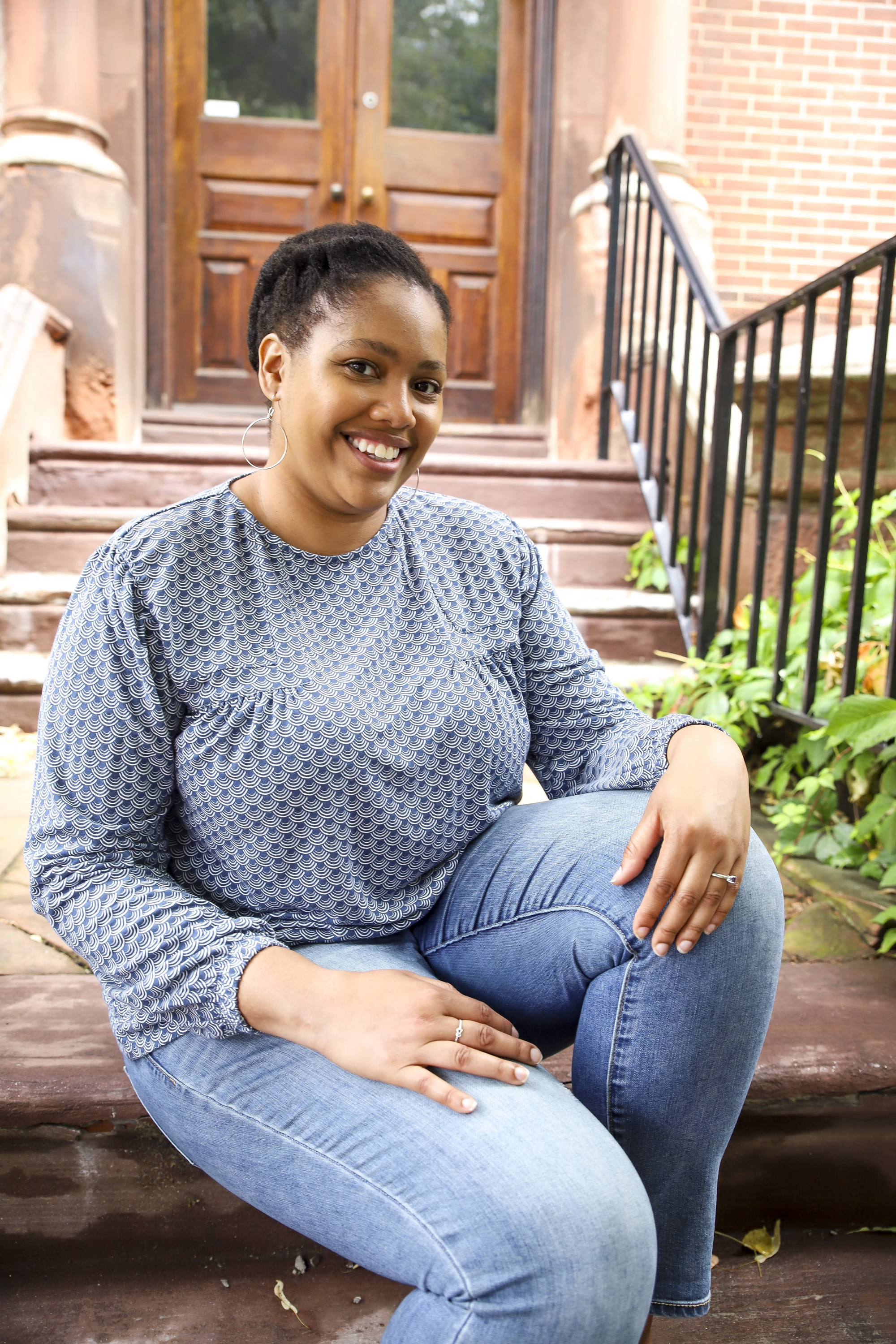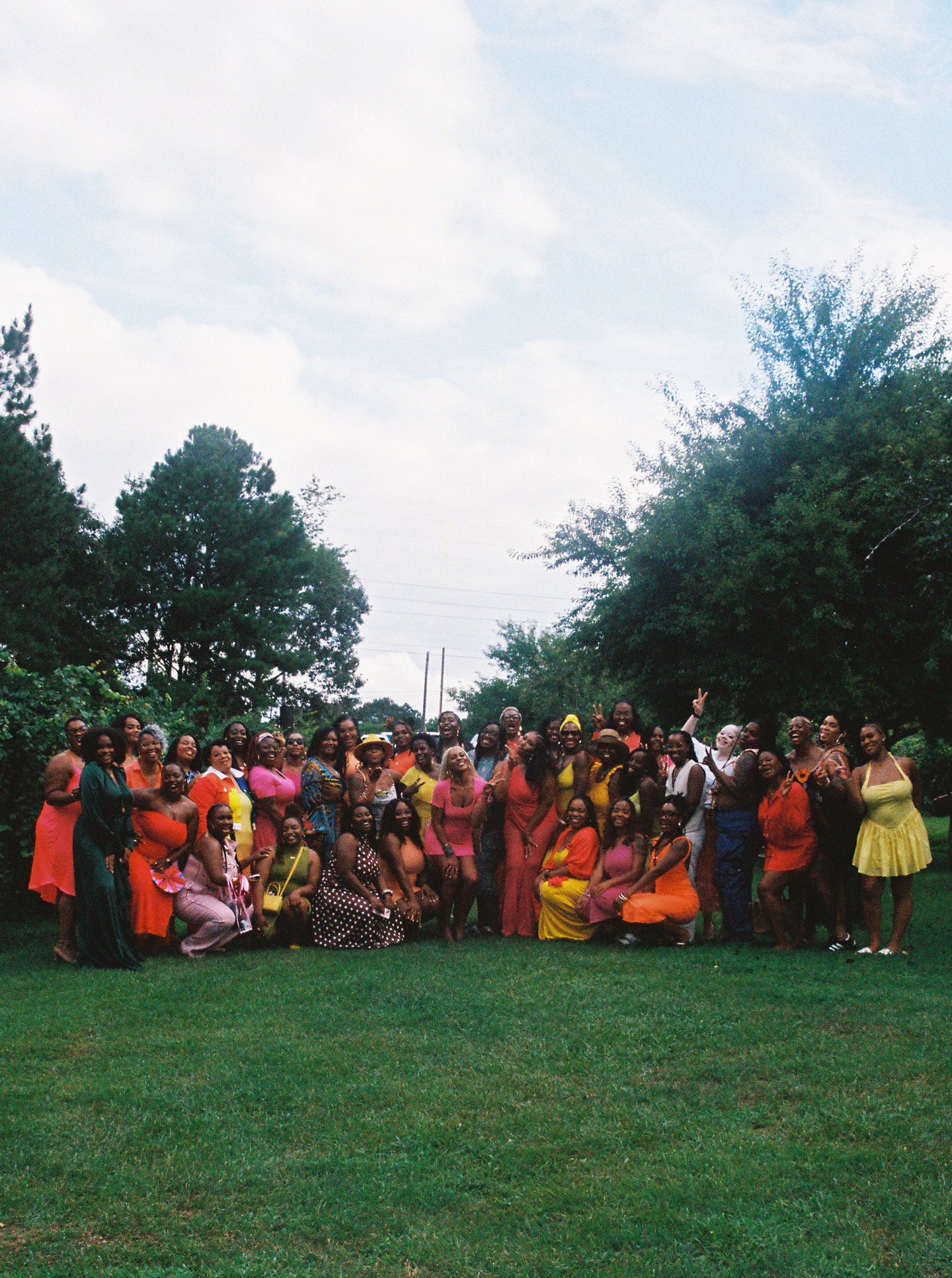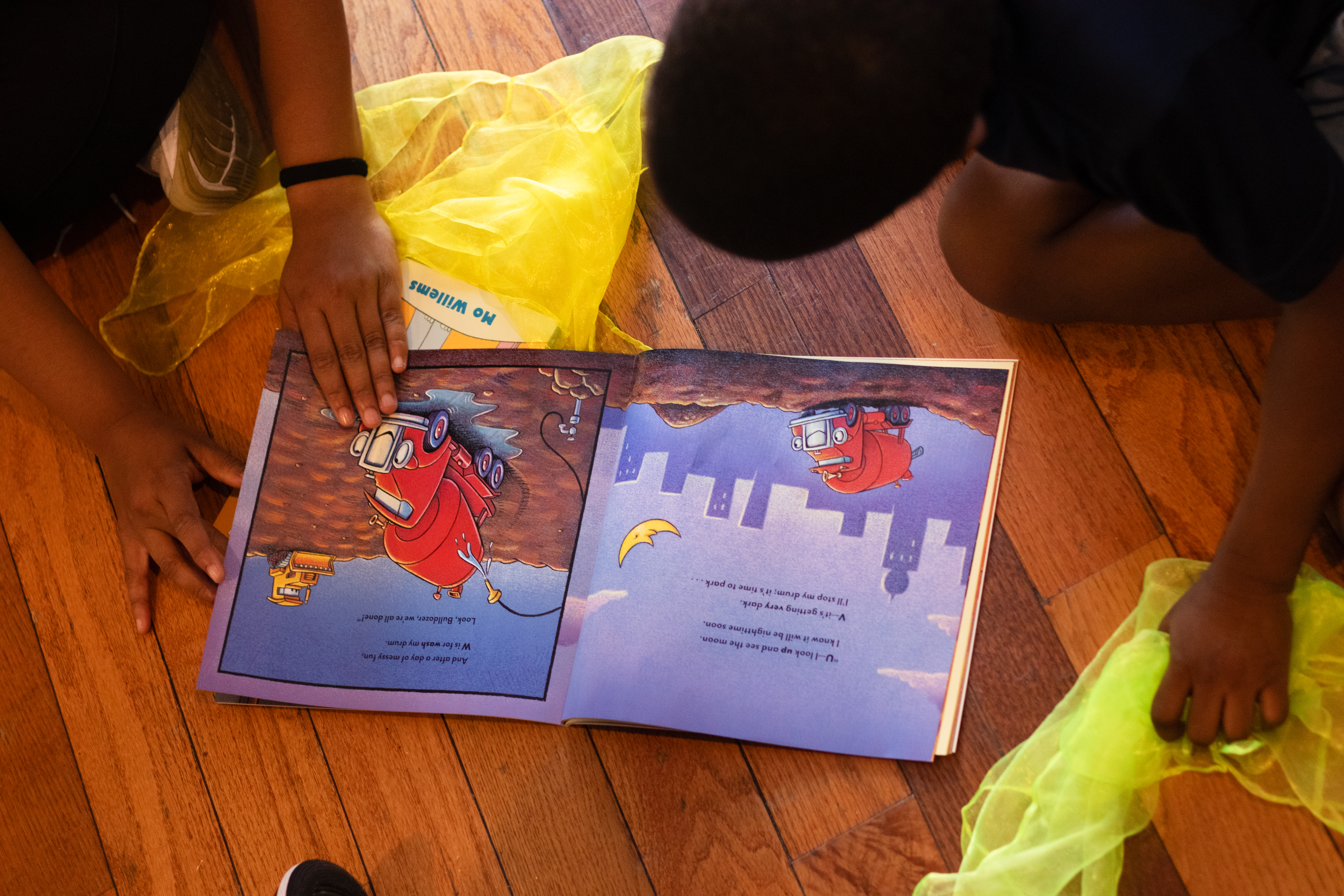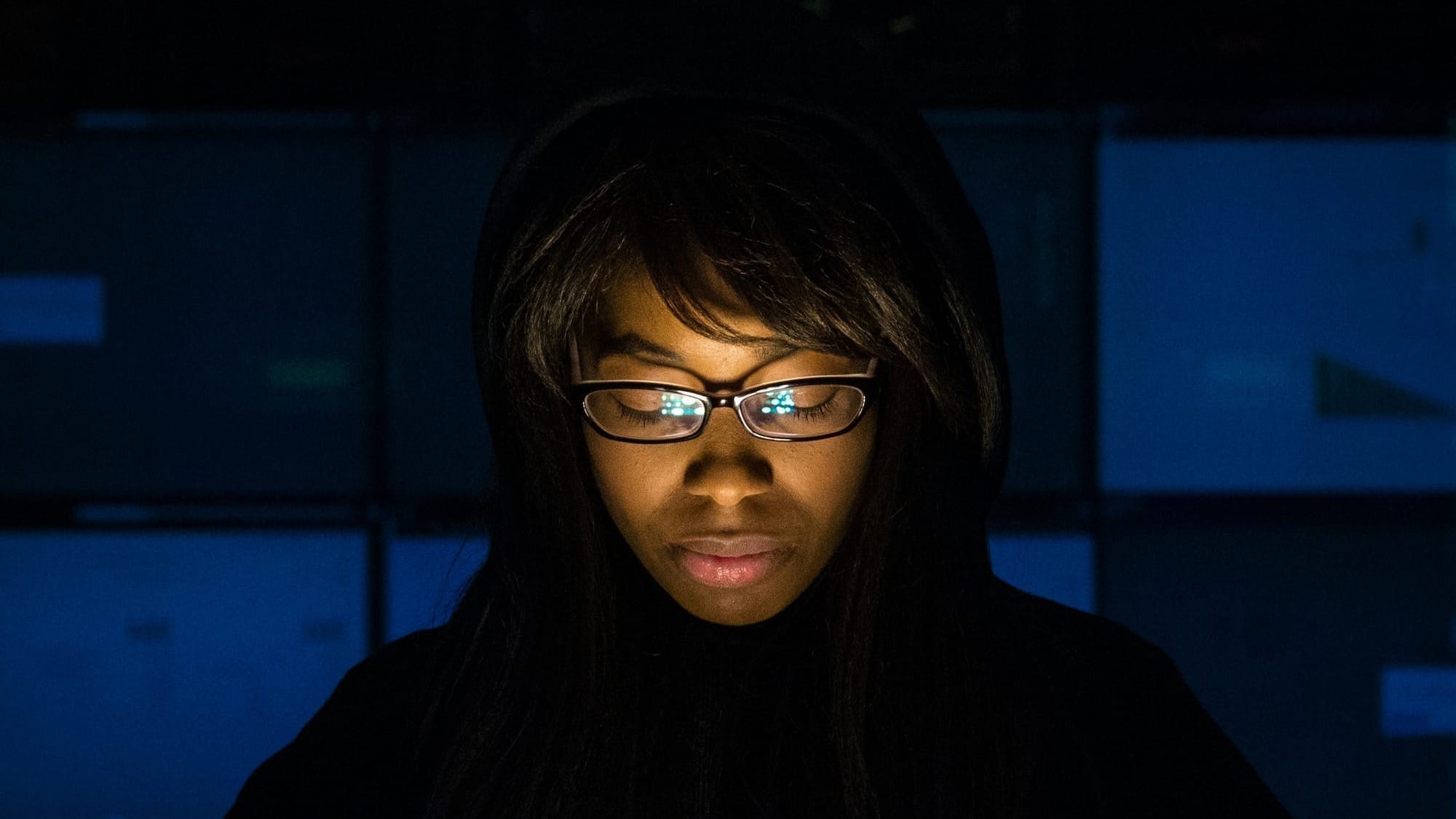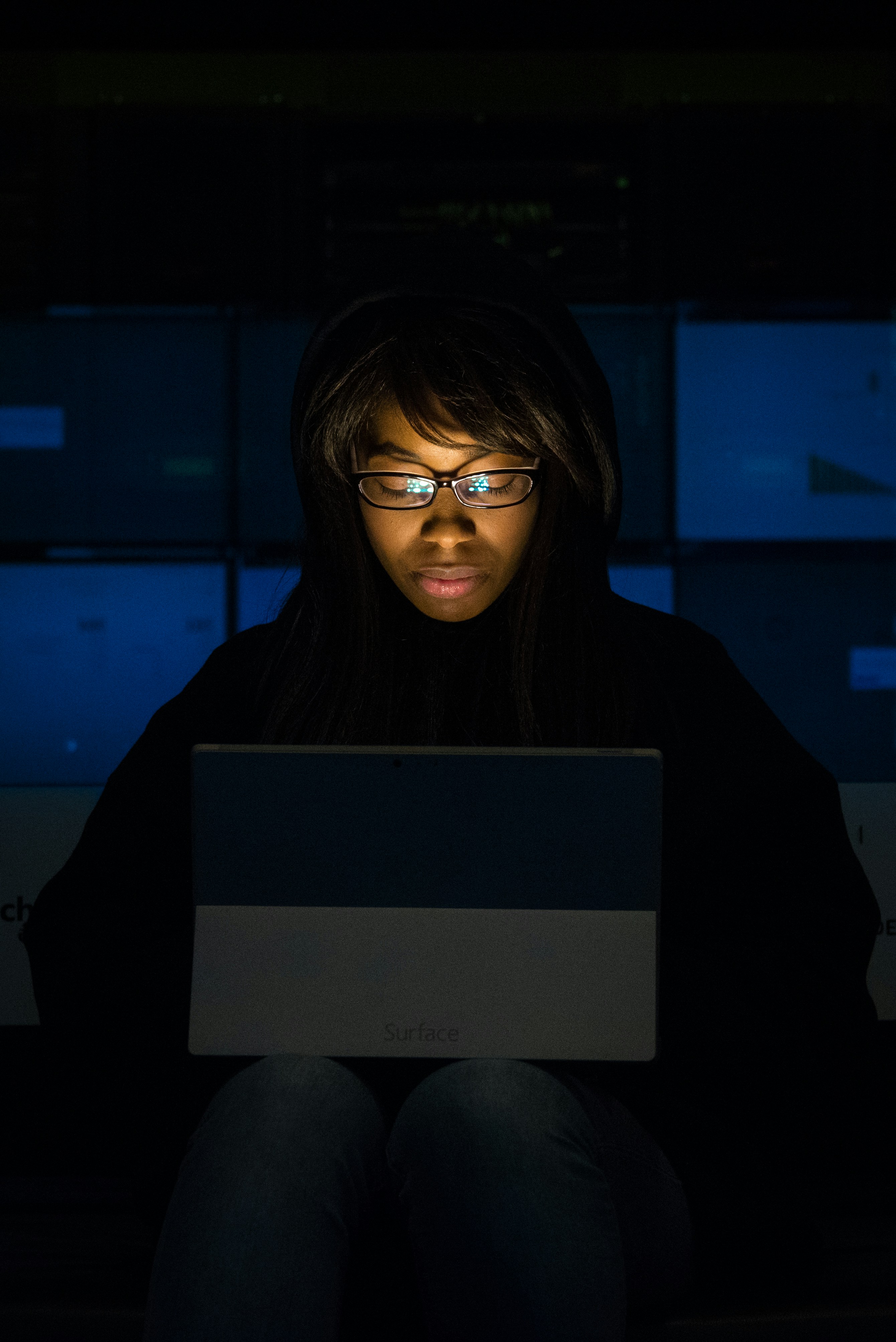The Muting of Black Parents’ Perspectives In The Education Fight
“This country has never been together,” I listened to my then 11-year-old niece say during a class over Zoom.
“This country has never been together,” I listened to my then 11-year-old niece say during a class over Zoom. She was flustered, visibly frustrated with her classmates, wondering why they couldn’t see the problems she saw glaringly. It was 2020, cities across the nation and the globe were engaging in protests sparked by videos of Black folks dying unjustly. Protests, marches, sit-ins, and rallies erupted everywhere. Chants of names of our dead filled the air from the voices of the living. Yet, none of that could be heard, seen, or felt by my niece’s classmates attending this rural Pennsylvania Christian school.
I listened as she, one of the few Black students in her entire school, the only one in her class, tried to reason with her classmates, many of whom would have never heard a perspective like hers if she wasn’t in their class. Her voice elevated, even cracked at certain points, defending the lives of people like Ahmaud Arbery and Breonna Taylor.
Rather than addressing tense discussion surrounding demonstrations for the movement for Black Lives, the overwhelming majority of which were peaceful, the teacher immediately put the students on mute and played music, signaling the end of the discussion. My sister, equally as frustrated by the entire altercation as my niece, took this incident to heart. She promptly moved my niece and her sister to a different school.
A few years later, I, a new mom, am thinking about my own daughter’s future education. As I and my husband send my own daughter to school, I am nervous that she may have her own perspectives, like my niece, talked over, pushed out, or even muted.
Pennsylvania, where we live, currently third behind Texas and Florida in the number of books banned, too many of those book center Black kids. Across the country, children’s books such as Hair Love by Matthew Cherry or Sulwe by Lupita N’yongo are being banned. Picture books that teach Black children to embrace their hair or to be proud of who they are being taken from the shelves of their schools, being deemed as “divisive”. Imagine having to purchase representative books because your local school deems those same books as “divisive”. Another way our perspectives and concerns are 'muted’.
During a Meet The Press episode, the show’s then host, Chuck Todd interviewed acclaimed journalist Nikole Hannah-Jones about The 1619 Project on teaching accurate history, saying “…parents are saying, ‘Hey, don’t make my kid feel guilty.’ And I know a parent of color is going, ‘What are you talking about? You know, I’ve got to teach reality.’”
Hannah-Jones twinged slightly. I knew that twinge. I felt it in my own body when Todd compared “parents” to “parents of color”. As if “parents of color” were somehow an afterthought and the “parents” Todd was initially referring to didn’t mean us. When Todd said parents, he meant White parents. ‘
Hannah-Jones responded “Well, I think you should think just a little bit about your framing. You said ‘parents,’ and then you said ‘parents of color.’” Todd, realizing this gaff quickly interjected. “White parents and parents of color. No. Fair point.” Hannah-Jones continued. “As a matter of fact, White parents are representing fewer than half of all public school parents. And yet, they have an outsized voice in this debate.”
“And yet they have an outsized voice in this debate…” Nikole Hannah-Jones’ words stuck with me. This “outsized voice” was seen when NBC News tweeted “How young is too young to teach kids about race?”, implying that parents would have the opportunity to determine that. But which parents? The comments and replies from that tweet were filled with the experiences of people who, as young as 3 years old, were not taught but learned, often painfully, what racism was and how other people viewed them in the world.
In the following years since this was tweeted, we watched disruptive parents crowd into normally quiet PTA meetings, threaten teachers, harass librarians, and dismantle diversity initiatives in schools, all while being interviewed by the largest media. But I never saw Black parents asked how we feel about the threats to our children’s education, or their personhood, or identity. Why aren’t we even being considered?
So I asked a few local parents. Here are their own stories:
Yaasiyn Muhammad M.Ed., 3 Children
“Students in my daughter’s class were asked to complete a cultural heritage project, and to pinpoint their country/countries of origin, develop a presentation of cultural traditions that exist within their family from that/those countries of origins, and write a report detailing the migration story of their ancestors. My daughter was uncomfortable and struggled to complete the activity, considering the fact that most Black Americans cannot point to an individual country of origin or distinct cultural traditions, seeing as our ancestors were kidnapped and the records of their origins discarded as unimportant.”
“The activity also included a trip to Ellis Island to provide students with the opportunity to visit a site that represents many White Americans' immigration stories. As a fellow educator (and concerned dad) I pushed back against this lesson and expressed how insensitive this activity was for Black Americans given that the majority of Black Americans cannot trace their lineage beyond enslavement. I recommended that the students also visit historic auction blocks and burial grounds for enslaved Africans while in New York City, and developed a presentation for her teacher that highlighted the unique experience of Black people and our forced relocation to the Western Hemisphere. Nothing came of it. Many Black students have gone through this activity year after year and dealt with the same challenge that my daughter faced, and at no point did the teacher or administration change it to make it more inclusive.”
Lauren Camper, Married, Mother of 2
“During social-emotional learning time, the 4th-grade teachers read a book called “Something Happened in Our Town,” which tells the story of an unarmed black person being killed by an officer and the stories that a Black child’s family and a White child’s family each had about the incident. Parents went NUTS and as a result, many opted out of having their children participate in social-emotional learning time at all. Our School Board did not back down when faced with these complaints in a two-hour-long meeting. They held their ground and kept the book as part of the curriculum. Having conversations with some White parents in our district about this incident has been frustrating because, for them, it’s not enough for teachers, experts, Black parents, and even other White parents to say “CRT isn’t taught in our schools.” These parents want to feel like their kids aren’t being made to feel like “oppressors” or “bad people.” I just wish those White people understood that their children can relate to those who fought for justice and equality too. White people fought with People of Color too, and White children can relate to them, not like the ones who weren’t.”
Shanay Rowe M.Ed, Non-Profit Administrator, Married, 1 Child
“Coming back in person after remote learning and the overall racial and political climate has been rough on children. I think we as adults forget that. We are no longer in a world where children remain unaware of “grown folks’ business”. Our 12-year-old has access to the same footage of murder by police officers, political uprisings, and MAGA country supporters. It certainly weighs heavy. My son’s school jumped back into the classroom, implemented lesson plans, and enforced rules as if it was business as usual when nothing is “usual”. I got a call that our son stated that “White people don’t like us anyway”. Instead of processing with him the root of those feelings, he was told that politics shouldn’t be discussed in the classroom.”
“There was follow-up with the school, which involved multiple conversations with his teacher that ultimately led nowhere. After multiple, what I would consider “failed attempts” to communicate with the teacher, I requested a meeting with the principal. The receptionist called me to inform me the principal wanted the teacher to sit in for that meeting also. It was a bit insulting that the principal of a school that our son has attended for 6 years was not open to meeting with me alone so I refused. She eventually agreed to meet one on one and gave a narrative that almost sounded scripted. She used all the buzz phrases such as “it takes a village” and “we're in this together”, but when I challenged her to elaborate on how a school, with only one teacher of color, is helping their 83% black student body navigate the horrors of this world, she deflected and stated they are doing the best they can.”
“Our son was an honor student who was pretty much the poster child for the school. He was involved in their prestigious honor's math program and even stood on stage once with the vice president of the United States during his visit to the school. Our son has been vocal through all of it. While he would like a more understanding and diverse school setting, he's 12 and wants to stay in school with his friends. He refuses to be silenced and my partner and I continue to support him through it all.”
Janay Hawthorne, MPH, Professor, Mother of 2
“I still have supplemental conversations with my daughter and older bonus son about the current affairs of the country and the history behind current issues. I try to be as honest as possible while framing the conversation in an age-appropriate way.
I think an example of this is when my daughter had discussed Emmett Till very briefly in school one day. I asked her what she knew and what she still had questions about. So I filled in the gaps with what I knew and also found a brief documentary that she could watch. Afterward, we discussed how she felt. She was obviously confused as to why adults would hurt a child. I think that's the most painful thing about being a Black mother to Black children. Trying to explain the illogical behavior of racist people and systems. Why and how a group of people could have such deep-seated hate against people they don't know and who have no impact on their lives... just because of the color of their skin.
I don't believe that there is a one-size-fits-all solution to the CRT debate. It'll definitely take mobilization of people on the local level. Parents and allies can demand and elect change for an equitable and culturally competent educational curriculum for all children. Institutions can provide free resources for families to provide additional info at home. But it will also take courage from our elected officials on all levels to push back against this false narrative that "America is better than [this]." Because America is not.”
Marrita Richardson Rowe MPA, Analyst, Married, 1 Child
“I am always concerned for our son's education. As a mother, I am always worrying. However, as a mother, I also have a firm belief that it is my responsibility to expose my son to black figures and black narratives. At 12 years old, I very much have open and honest conversations about history and the fallacies that are taught in school. While it would be ideal to un-school our son, it's simply not realistic for us as a family. So we make sure at home we are speaking and teaching the truth, and that has carried its way outside of our home as evidenced by our son's ability and confidence to speak up and stand up for what's right. One thing I can say about Black kids in this country is that they will be okay. Our community has always cared for our children and shined light on the truth. White kids in America are the ones who need to hear and understand the truth. And if schools aren't willing to share it, and their families aren't willing to share it, we will continue the cycle of ignorance and bigotry we see today.
I would love to see the voices of BIOPICs elevated on the issue of CRT in the media and on political platforms. The concerns of black and brown parents have largely been ignored in favor of hostile conservative community members and politicians. It’s dishonest and irresponsible to stifle the voices of those who have been overwhelmingly impacted by systematic racism. Black and brown parents, community members, and their students deserve the right to be heard, and the opportunity to flex their political capital in a way that prioritizes their best interests.”
